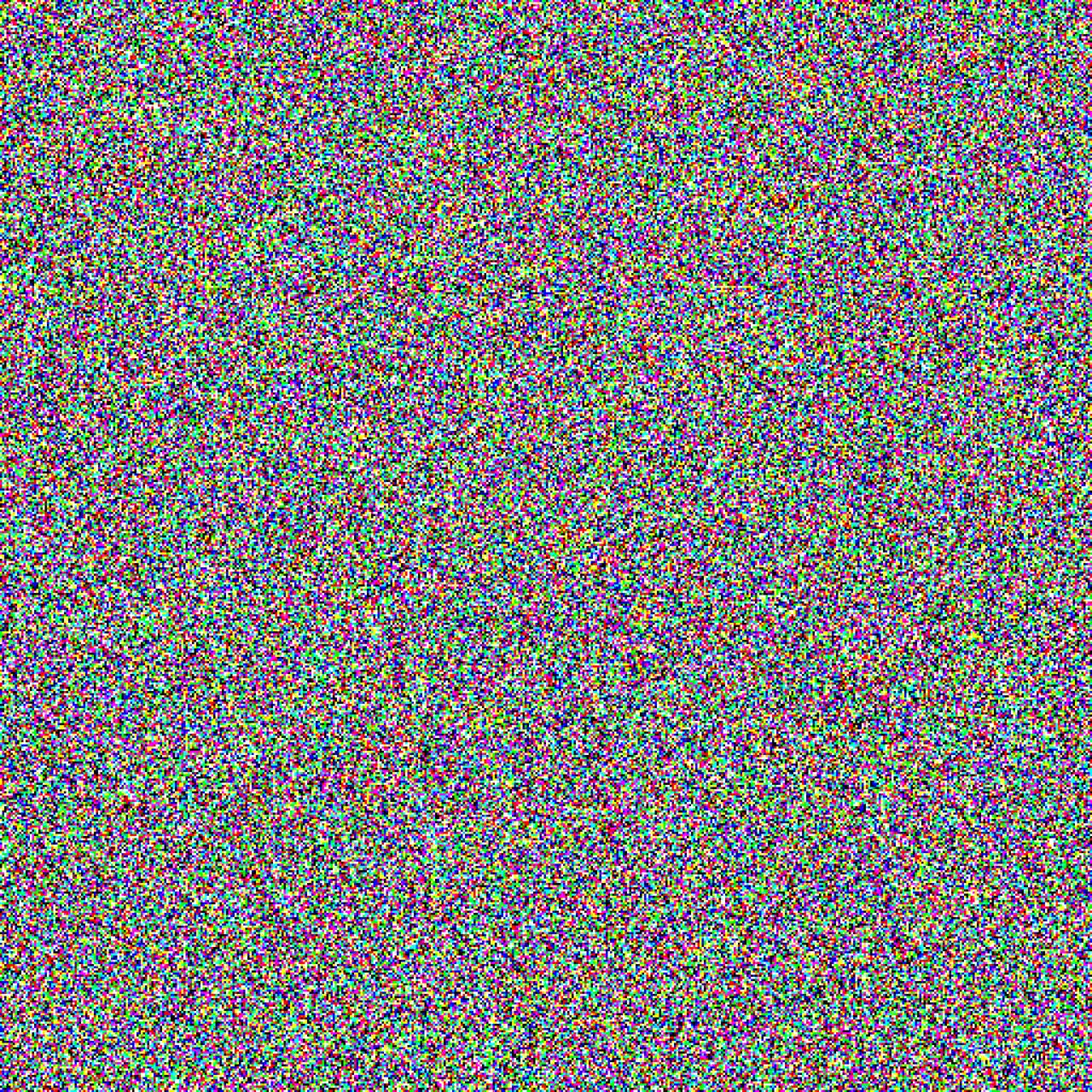
ΑΙhub.org
Navigating the labyrinth: How generative models tackle complex data sampling
 Adrien Limousin / Better Images of AI / Non-image / Licenced by CC-BY 4.0
Adrien Limousin / Better Images of AI / Non-image / Licenced by CC-BY 4.0
By Nik Papageorgiou
The world of artificial intelligence (AI) has recently seen significant advancements in generative models, a type of machine-learning algorithms that “learn” patterns from sets of data in order to generate new, similar sets of data. Generative models are often used for things like drawing images and natural language generation – a famous example are the models used to develop chatGPT.
Generative models have had remarkable success in various applications, from image and video generation to composing music and to language modeling. The problem is that we are lacking in theory when it comes to the capabilities and limitations of generative models; understandably, this gap can seriously affect how we develop and use them down the line.
One of the main challenges has been the ability to effectively pick samples from complicated data patterns, especially given the limitations of traditional methods when dealing with the kind of high-dimensional and complex data commonly encountered in modern AI applications.
Now, a team of scientists led by Florent Krzakala and Lenka Zdeborová at EPFL has investigated the efficiency of modern neural network-based generative models. The study, published in PNAS, compares these contemporary methods against traditional sampling techniques, focusing on a specific class of probability distributions related to spin glasses and statistical inference problems.
The researchers analyzed generative models that use neural networks in unique ways to learn data distributions and generate new data instances that mimic the original data.
The team looked at flow-based generative models, which learn from a relatively simple distribution of data and “flow” to a more complex one; diffusion-based models, which remove noise from data; and generative autoregressive neural networks, which generate sequential data by predicting each new piece based on the previously generated ones.
The researchers employed a theoretical framework to analyze the performance of the models in sampling from known probability distributions. This involved mapping the sampling process of these neural network methods to a Bayes optimal denoising problem – essentially, they compared how each model generates data by likening it to a problem of removing noise from information.
The scientists drew inspiration from the complex world of spin glasses, materials with intriguing magnetic behavior, to analyze modern data generation techniques. This allowed them to explore how neural network-based generative models navigate the intricate landscapes of data.
The approach allowed them to study the nuanced capabilities and limitations of the generative models against more traditional algorithms like Monte Carlo Markov Chains (algorithms used to generate samples from complex probability distributions) and Langevin Dynamics (a technique for sampling from complex distributions by simulating the motion of particles under thermal fluctuations).
The study revealed that modern diffusion-based methods may face challenges in sampling due to a first-order phase transition in the algorithm’s denoising path. What this means is that they can run into problems because of sudden change in how they remove noise from the data they’re working with. Despite identifying regions where traditional methods outperform, the research also highlighted scenarios where neural network-based models exhibit superior efficiency.
This nuanced understanding offers a balanced perspective on the strengths and limitations of both traditional and contemporary sampling methods. The research is a guide to more robust and efficient generative models in AI; by providing a clearer theoretical foundation, it can help develop next-generation neural networks capable of handling complex data generation tasks with improved efficiency and accuracy.
Read the research in full
Sampling with flows, diffusion, and autoregressive neural networks from a spin-glass perspective, Davide Ghio, Yatin Dandi, Florent Krzakala and Lenka Zdeborová, PNAS (2024).









